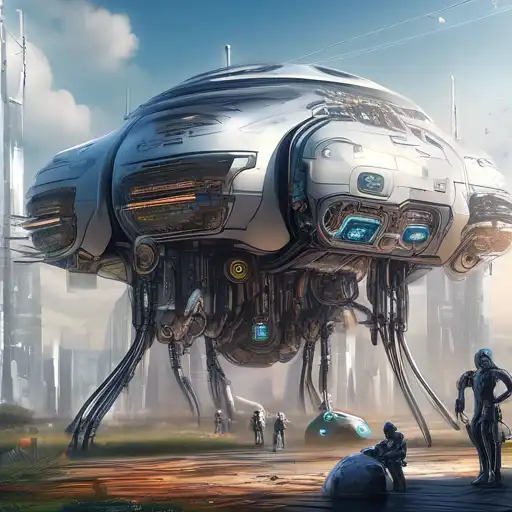Introduction to Artificial Intelligence's Evolution
Artificial Intelligence (AI) has transitioned from a futuristic concept to a cornerstone of modern technology. Today, AI's trajectory is not just about innovation but reshaping how we live, work, and interact. This article delves into the current state of AI, exploring its potential to redefine industries and everyday life.
The Current Landscape of AI
The realm of AI today is vast, encompassing everything from machine learning algorithms that predict consumer behavior to natural language processing systems that power virtual assistants. The integration of AI across sectors highlights its versatility and capacity for transformation.
Key Areas of AI Development
- Machine Learning and Deep Learning: These technologies enable computers to learn from data, improving their accuracy over time without human intervention.
- Robotics: AI-driven robots are becoming increasingly sophisticated, capable of performing complex tasks in manufacturing, healthcare, and more.
- Autonomous Vehicles: Self-driving cars leverage AI to navigate roads safely, promising to revolutionize transportation.
- Healthcare Innovations: AI is making strides in diagnosing diseases, personalizing treatment plans, and managing patient care.
Challenges and Ethical Considerations
Despite its potential, AI's rapid development raises important questions about privacy, security, and the future of employment. Addressing these challenges is crucial to ensuring AI benefits society as a whole.
Looking Ahead: The Future of AI
The future of AI is boundless, with ongoing research pushing the boundaries of what's possible. From enhancing smart cities to pioneering space exploration, AI's role in shaping the future is undeniable.
Conclusion
As we stand on the brink of a new era, understanding and engaging with AI's current trajectory is essential. By exploring its potential and addressing its challenges, we can harness AI's power to create a better future for all.
